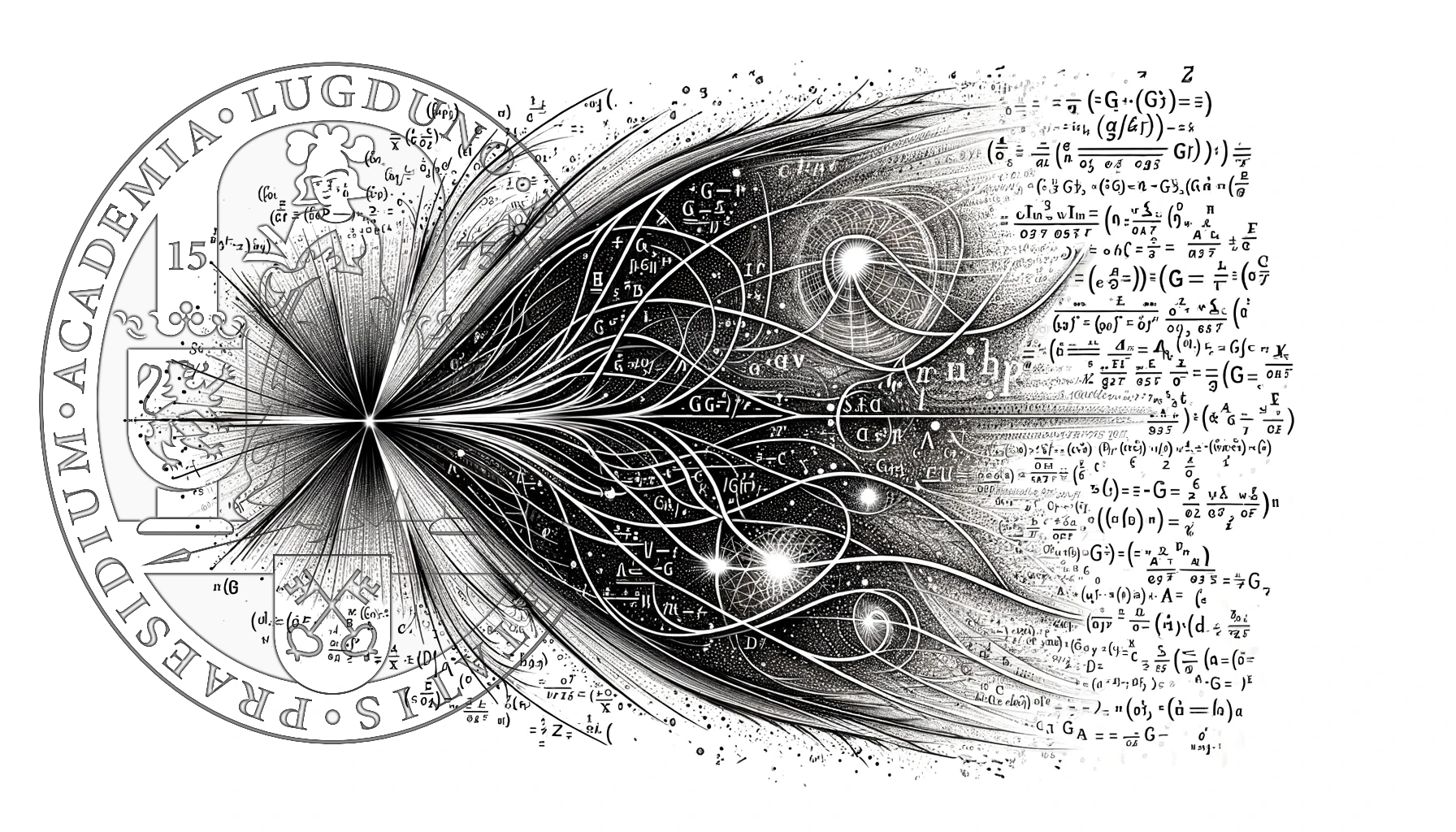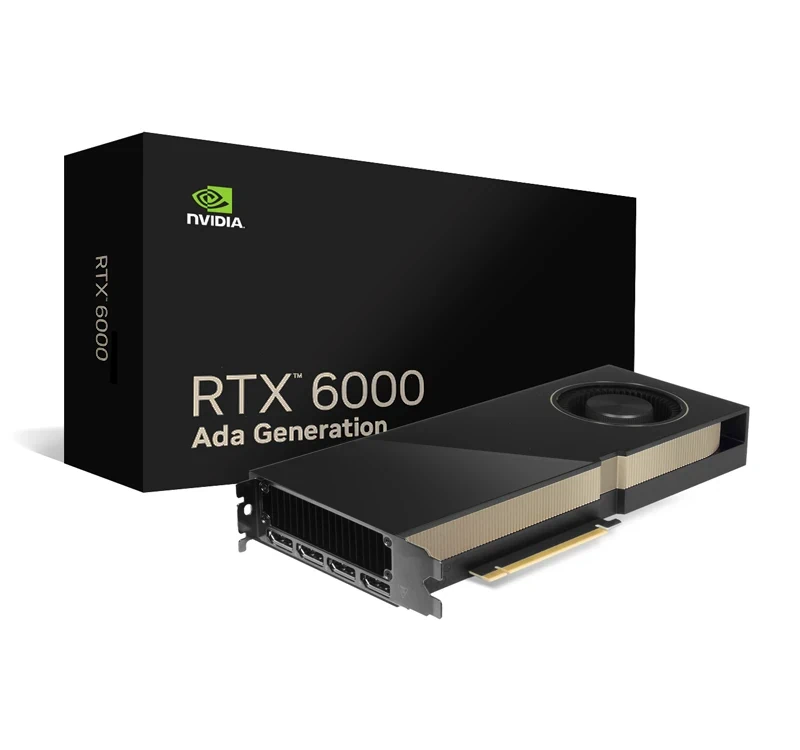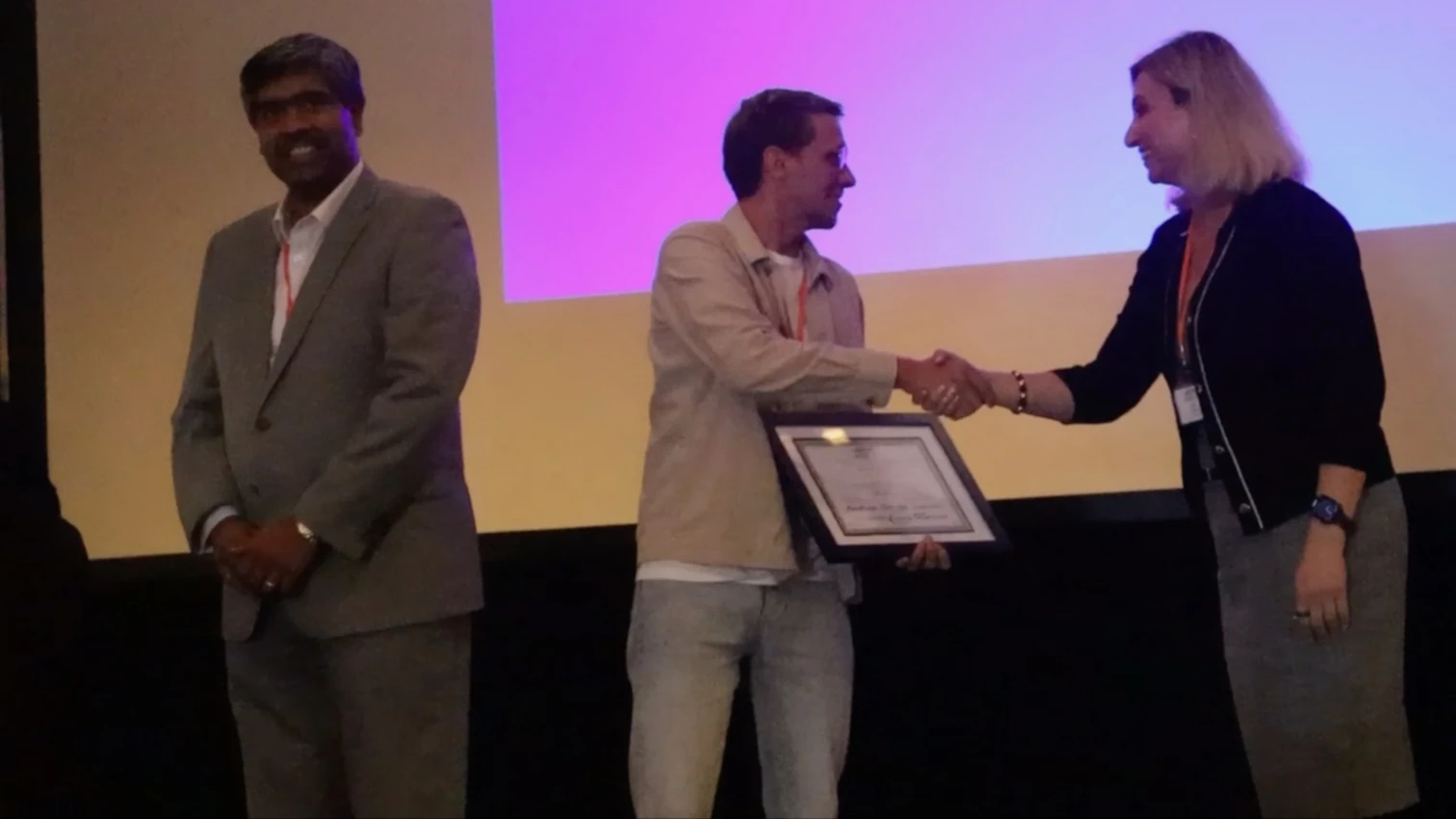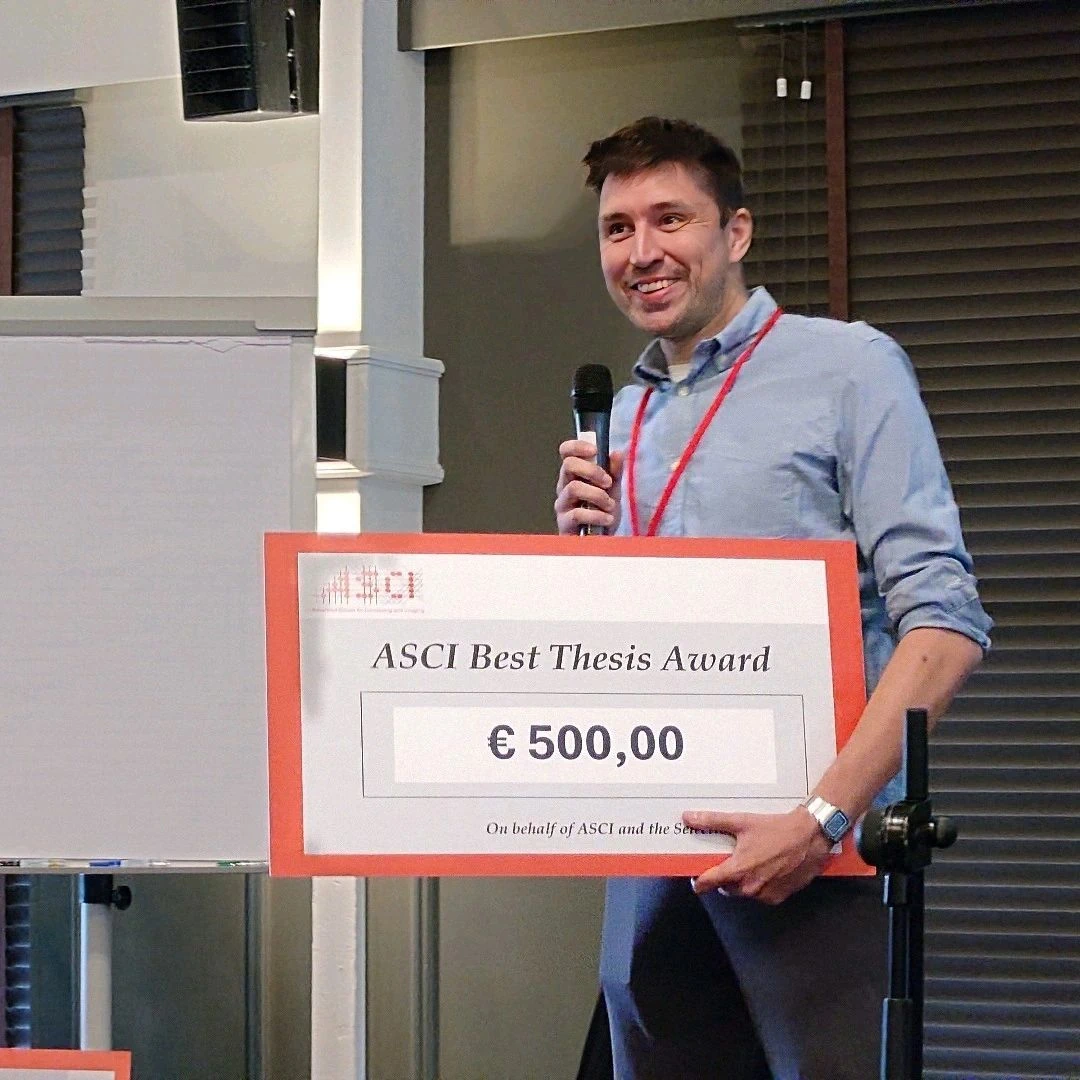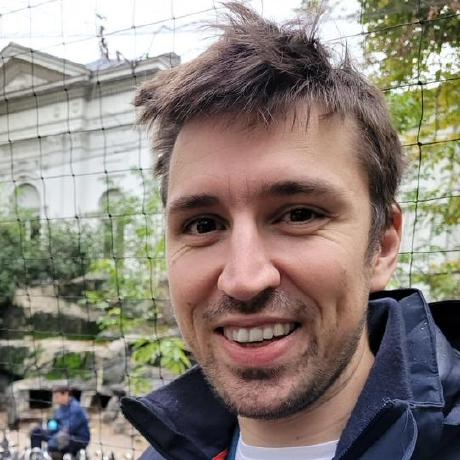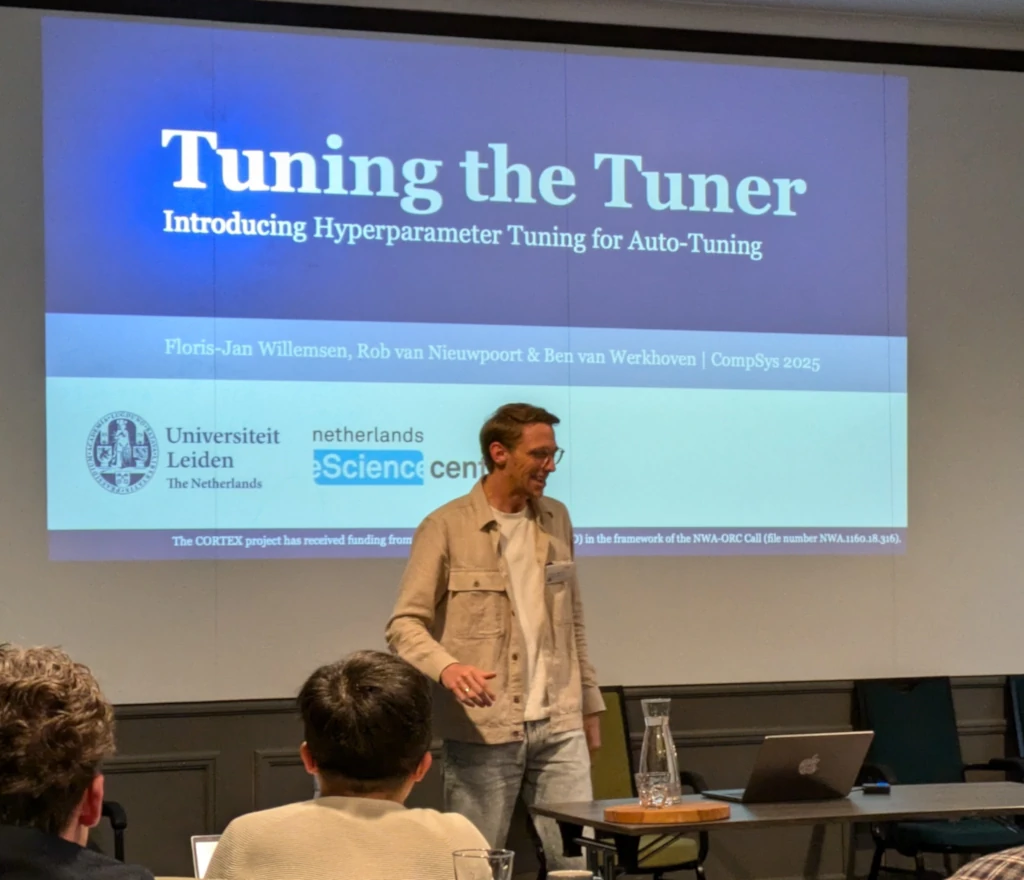February 6, 2025 – Today, our office received an exciting delivery: two NVIDIA RTX 6000 Ada GPUs, generously donated by the NVIDIA Academic Grant Program. These GPUs arrived carefully packaged, marking the beginning of a promising research initiative stemming from a joint proposal by Chiel van Heerwaarden (Wageningen University & Research) and myself. Our project aims to leverage Monte Carlo Ray-Tracing techniques to deepen our understanding of the interactions between wildfires and atmospheric conditions.
Globally, the increasing threat of wildfires, intensified by climate change, poses significant challenges. Accurately predicting how wildfires influence and are influenced by atmospheric processes is critical for enabling emergency responders to prepare and act effectively. Fire plumes exhibit highly complex dynamics, especially once they reach altitudes conducive to cloud formation. At this point, the additional energy released through condensation can significantly intensify near-surface turbulence, further fueling the wildfire.
This research project aims to develop advanced computational tools that enhance our understanding of wildfire-cloud interactions. Current weather models typically simplify radiation processes due to computational constraints, limiting their accuracy. Recently, Chiel van Heerwaarden’s group successfully demonstrated how GPU-based ray-tracing techniques could enable faster and more accurate simulations of solar radiation in the atmosphere.
Our goal now is to expand this innovative approach to include thermal radiation and optimize its performance on GPUs. The resulting tool will offer unprecedented detail and efficiency, significantly advancing scientific insight into atmosphere-fire dynamics. Ultimately, this will help improve the safety of emergency personnel, protect ecosystems, and reduce societal risks associated with wildfires.
